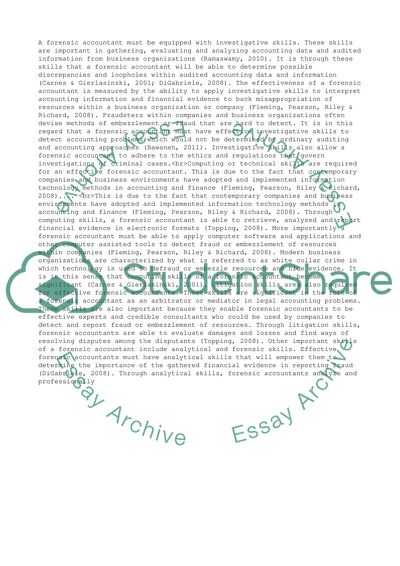Cite this document
(“Forensic Accountants as Fraud Buggers Case Study”, n.d.)
Forensic Accountants as Fraud Buggers Case Study. Retrieved from https://studentshare.org/business/1455723-forensic-accountants-as-fraud-buggers
Forensic Accountants as Fraud Buggers Case Study. Retrieved from https://studentshare.org/business/1455723-forensic-accountants-as-fraud-buggers
(Forensic Accountants As Fraud Buggers Case Study)
Forensic Accountants As Fraud Buggers Case Study. https://studentshare.org/business/1455723-forensic-accountants-as-fraud-buggers.
Forensic Accountants As Fraud Buggers Case Study. https://studentshare.org/business/1455723-forensic-accountants-as-fraud-buggers.
“Forensic Accountants As Fraud Buggers Case Study”, n.d. https://studentshare.org/business/1455723-forensic-accountants-as-fraud-buggers.


